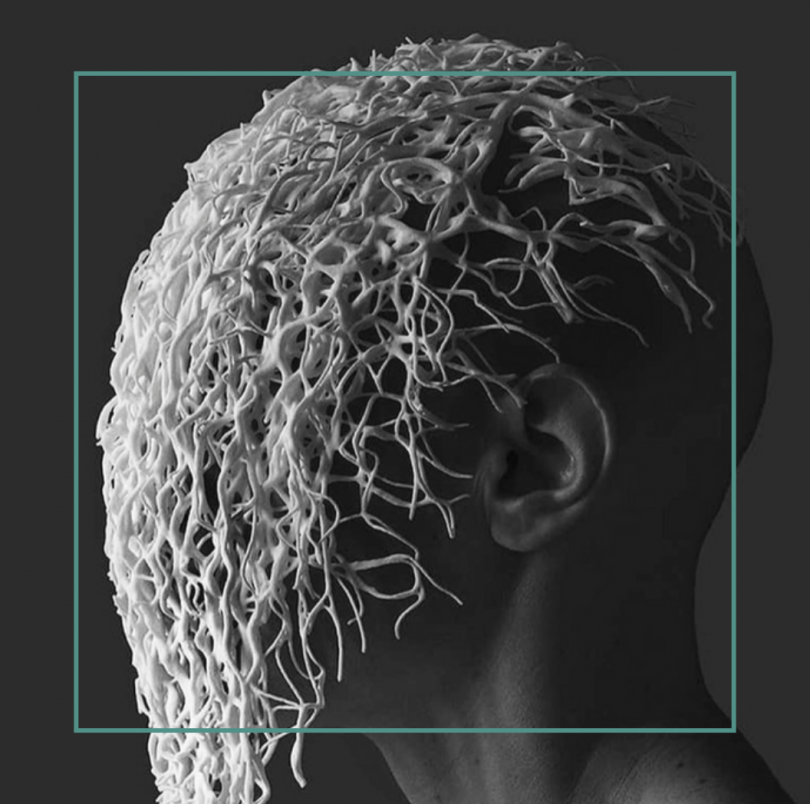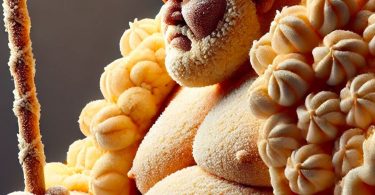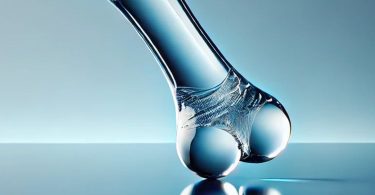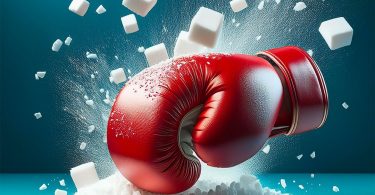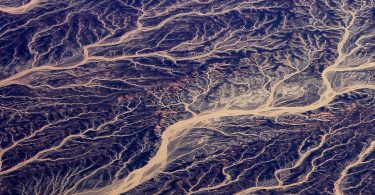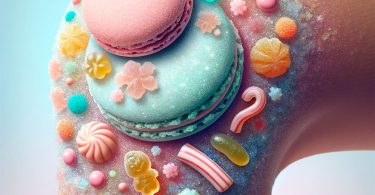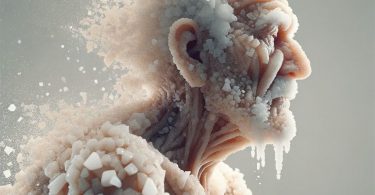Much evidence supports the role of glycation in the problems of wound healing (1). Logically a strategy against glycation should improve the development of the healing.
Thus, several studies, on animal models, have shown that rosmarinic acid, whose deglycating effect has been demonstrated in vitro, improved the main criteria of the healing process: wound contraction, improved cell adhesion, epithelial migration, including in the case of chronic wounds (2).
The preferred route is, of course, topical, but the oral route should also be of interest.
© Age Breaker 06 2021
[Glycation is one of the major causes of aging. Resulting from the fixation of sugars on the proteins constituting the organism, glycation generates toxic compounds that cause cellular aging. Glycation is particularly involved in metabolic disorders, skin aging and cognitive decline.] [AGE BREAKER, patented nutritional supplements, based on rosmarinic acid, recognized by aging specialists around the world for their properties to reverse the effects of glycation.]More on www.agebreaker.com
#agebreaker #glycation
(1): L. van Putte et Al. The effects of advanced glycation end products (AGEs) on dermal wound healing and scar formation: a systematic review. Scars Bruns & Healing, Dec 2016. doi.org/10.1177/2059513116676828
(2): P. Chhabra et Al. Augmented healing of full thickness chronic excision wound by rosmarinic acid loaded chitosan encapsulated graphene nanopockets. Published online: 13 May 2020. doi.org/10.1080/03639045.2020.1762200

